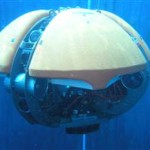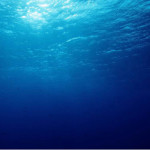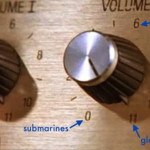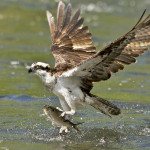Guest post by Dr. Christina Kellogg, USGS
 Corals don’t usually know what country they are living in, and those that do assure me that it does not affect their biology, just their politics. So, imagine the enthusiasm greeting the announcement of an Atlantic Ocean-wide research program to study coldwater coral ecosystems. That’s right, we’re talking about big picture science from the ground (or seafloor) up!
Corals don’t usually know what country they are living in, and those that do assure me that it does not affect their biology, just their politics. So, imagine the enthusiasm greeting the announcement of an Atlantic Ocean-wide research program to study coldwater coral ecosystems. That’s right, we’re talking about big picture science from the ground (or seafloor) up!
The Trans-Atlantic Coral Ecosystem Study (TRACES) program was unveiled at the February 14-18 AAAS meeting and will be the first project to trace the flow of genes and animals across the seafloor communities of an entire ocean basin.
Last week, on February 28 and29 scientific delegates from Canada, the United States, and Brazil met to begin developing a science plan for The Trans-Atlantic Coral Ecosystem Study (TRACES) program. Another workshop will occur in March in Europe to further expand and refine the strategy. These workshops will outline the program’s topical areas, overarching research questions, potential study sites, and standardization of methods. The end result will be a plan for coordinated research on coldwater corals across the Atlantic basin. The ultimate goal is to establish a funded international research program beginning in 2010.
TRACES coordinator J. Murray Roberts of the Scottish Association for Marine Sciences sums it up in this quote:
“We must cross national boundaries to understand deep-sea coral ecosystems. The only way we can work out how to protect deep-sea corals is to understand how they are distributed and connected. We owe it to future generations to make sure these unique ecosystems are protected by conservation plans based on sound science.”
The TRACES program and has already garnered support from a number of organizations, including workshop sponsors Fisheries and Oceans Canada, Scottish Association for Marine Science, U.S. Geological Survey, Marine Conservation Biology Institute, Oceana, South Atlantic Fishery Management Council, National Environment Research Council, Environmental Defense, National Undersea Research Center-North Carolina-Wilmington, and the University of North Carolina Wilmington Center for Marine Science.
Links:
TRACES site,
National Geographic coverage of TRACES program






